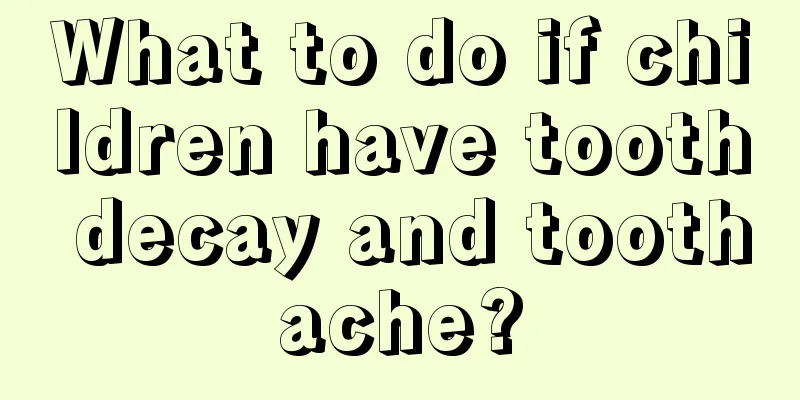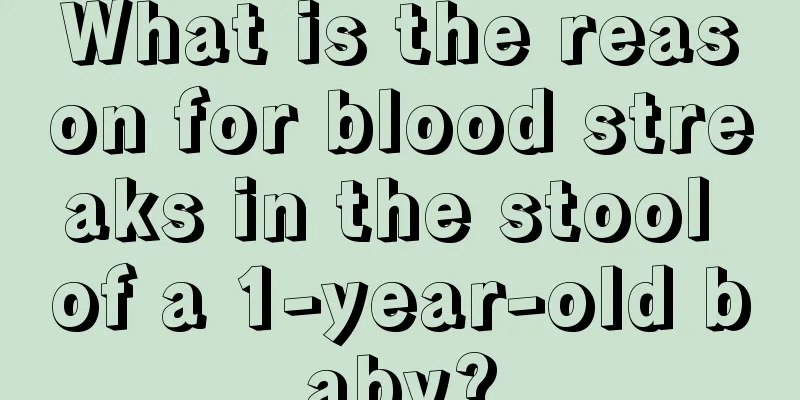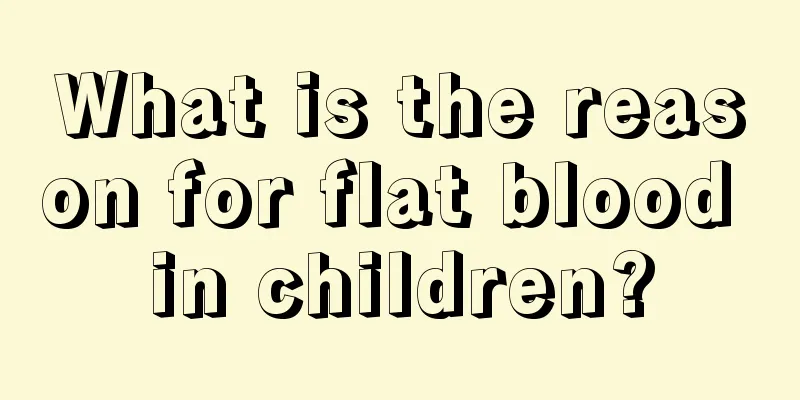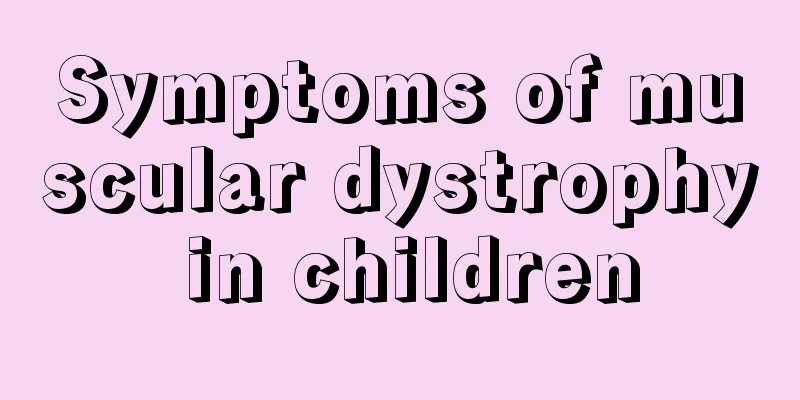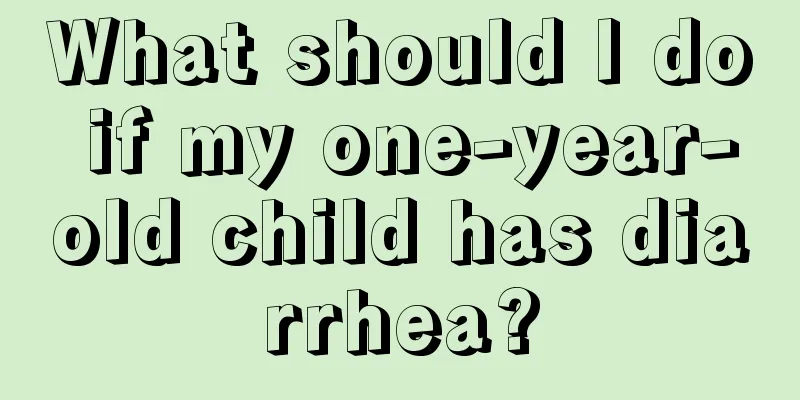Right popliteal cyst

|
Popliteal cysts usually occur in children. This type of cyst needs to be removed surgically. After removal, in order to avoid damage to the wound, the leg is often immobilized with plaster. Long-term immobilization can cause muscle atrophy, especially when children are in the growth and development stage. Therefore, in addition to the knee joint, the movement of the hip and ankle joints must be guaranteed. The following article introduces the relevant content about popliteal cyst, let’s take a look. Causes Popliteal cysts can be divided into congenital and acquired types. The former is more common in children, while the latter can be caused by diseases of the bursa itself, such as chronic aseptic inflammation. Some patients suffer from chronic knee joint diseases. The disease in the elderly is often related to knee joint diseases such as osteoarthritis and meniscus injury. The most common popliteal cyst is the expanded gastrocnemius and semimembranosus tendon bursa, which is often connected with the posterior joint capsule. Clinically, it is more common in middle-aged and older people with a higher incidence rate in men than in women. It leads to mechanical limitation of knee extension and flexion, mild pain, and obvious tension and swelling. Clinical manifestations Patients may feel discomfort in the popliteal fossa or a bloating after walking, while some may have no subjective symptoms. When the cyst is large, it may hinder the extension and flexion of the knee joint. Examination revealed cystic masses of varying sizes in the popliteal fossa. examine 1. Physical examination A swelling can be felt in the popliteal fossa, with a smooth surface, soft texture, no obvious tenderness, and no adhesion to the skin or other tissues. 2. Ultrasound examination A dark area of synovial fluid with clear boundaries can be found, which can confirm the diagnosis. treat There are certain differences between popliteal cysts in children and adults. In children, popliteal cysts are often not connected to the joints, rarely have intra-articular lesions, and can generally heal on their own. Adults often have intra-articular lesions. The intra-articular lesions must be treated at the same time as the cyst is removed surgically, otherwise they are prone to recurrence. In principle, all popliteal cysts should be removed and arthroscopic examination should be performed before surgery. Most of them can be removed using a posteromedial incision or a posterior lateral incision. Straight leg raises and quadriceps exercises were performed after surgery. No treatment is required if there are no symptoms. You can also perform puncture to draw fluid and local injection, which has better effects. |
>>: What's wrong with the redness and pain on both sides of the buttocks?
Recommend
Reasons for children sweating while sleeping
Sweating is a very normal physiological phenomeno...
What should I do if my baby’s toenails are curling up?
Many mothers complain that their babies are very ...
What are the reasons why babies move their hands and feet when they sleep?
Nowadays, children are the apple of every family&...
Treatment of baby's cough with white sputum
Babies will cough during their growth process. At...
What to do if your child has bad breath and dry stools
Bad breath and dry stools are common problems amo...
What causes a child's tongue to turn black?
What is the reason why children’s tongue coating ...
Why does my baby often strain?
Because after the baby is born, the mother will d...
How to deal with children's separation anxiety
Many parents suffer from separation anxiety among...
What causes swollen throat in children?
For children, the weather outside is still very c...
What are the reasons why children have poor sleep?
The baby's poor sleep is a headache for many ...
Isotope treatment for infantile hemangioma?
Isotopes, as a commonly used scientific treatment...
What should I do if my two-month-old baby has diarrhea?
Some newborn babies have health problems, so they...
At what age do children usually change their teeth?
Many people don't know at what age children u...
What is the reason for the white spots on the fingers of a seven-month-old baby?
The baby is everything in the mother's life, ...
What may be the cause of trembling legs in babies?
As babies grow up, various phenomena will appear....

